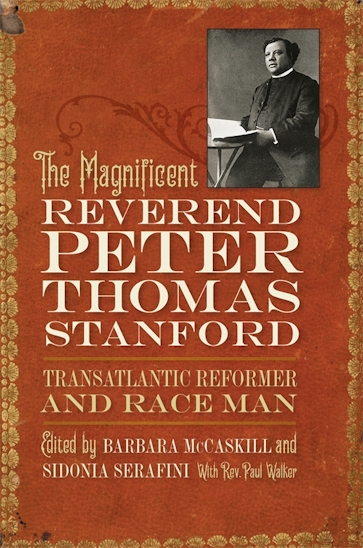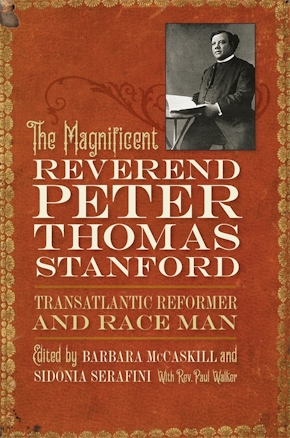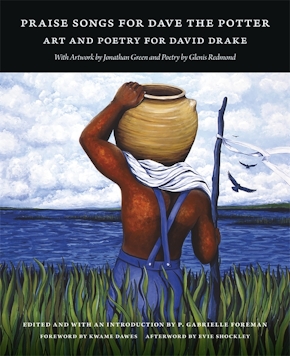The Magnificent Reverend Peter Thomas Stanford, Transatlantic Reformer and Race Man
Title Details
Pages: 312
Illustrations: 11 b&w images
Trim size: 6.000in x 9.000in
Formats
Hardcover
Pub Date: 06/15/2020
ISBN: 9-780-8203-5655-6
List Price: $41.95
Paperback
Pub Date: 03/01/2024
ISBN: 9-780-8203-6707-1
List Price: $25.95
Related Subjects
BIOGRAPHY & AUTOBIOGRAPHY / Cultural, Ethnic & Regional / African American & Black
The Magnificent Reverend Peter Thomas Stanford, Transatlantic Reformer and Race Man
Skip to
- Description
- Reviews
Born into slavery in Hampton County, Virginia, orphaned soon thereafter, and raised for almost two years among Native Americans, the charismatic Rev. Peter Thomas Stanford (c. 1860–May 20, 1909) rose from humble and challenging beginnings to emerge as an inventive and passionate activist and educator who championed social justice. During the post- Reconstruction era and early twentieth century, Stanford traversed the United States, Canada, and England advocating for the rights of African Americans, including access to educational opportunities; attainment of the full rights and privileges of citizenship; protections from racial violence, social stereotyping, and a predatory legal system; and recognition of the artistic contributions that have shaped national culture and earned global renown. His imprint on working-class urban residents, Afro-Canadian settlements, and African American communities survives in the institutions he led and the works that presented his imaginative, literate, ardent, and often comic voice.
With a reflection by Highgate Baptist Church’s former pastor, Rev. Dr. Paul Walker, this collection highlights Stanford’s writings: sermons, lectures, newspaper columns, entertainments, and memoirs. Editors Barbara McCaskill and Sidonia Serafini annotate his life and work throughout the volume, placing him within the context of his peers as a writer and editor. As an American expatriate, Stanford was seminal in redirecting antislavery activism into an international antilynching movement and a global campaign to dismantle slavery and slave trading. This book squarely inserts this influential thinker and activist in the African American literary canon.
—Talitha L. LeFlouria, author of Chained in Silence: Black Women and Convict Labor in the New South
—Koritha Mitchell, author of Living with Lynching: African American Lynching Plays, Performance, and Citizenship, 1890–1930
—Erica L. Ball, author of To Live an Antislavery Life: Personal Politics and the Antebellum Black Middle Class



